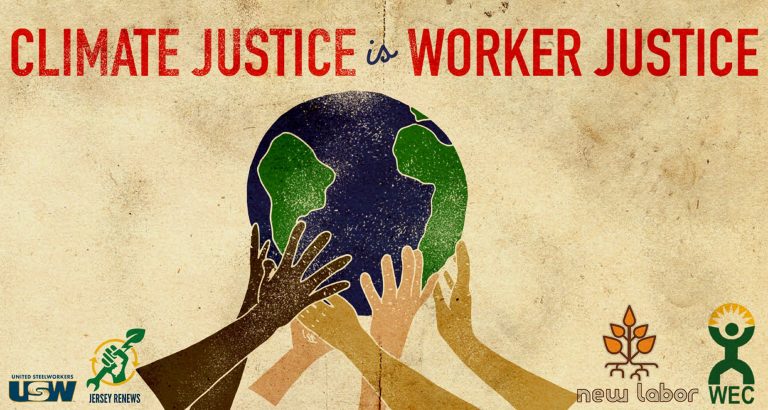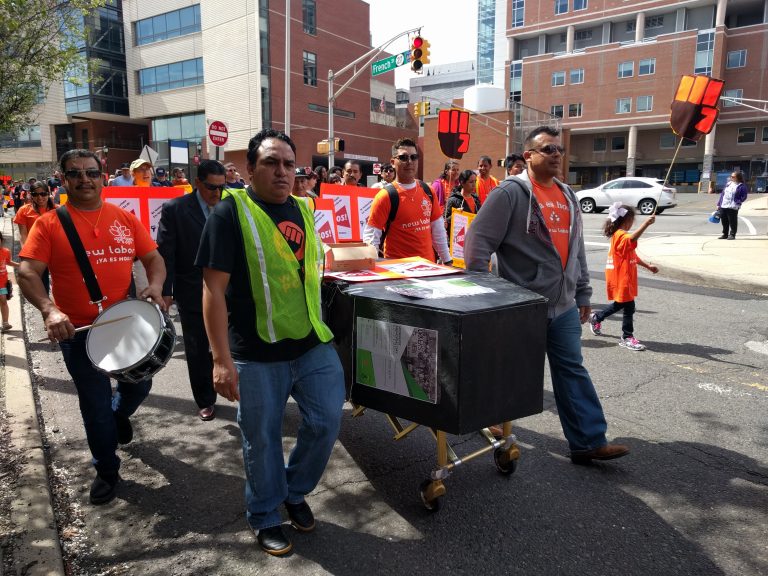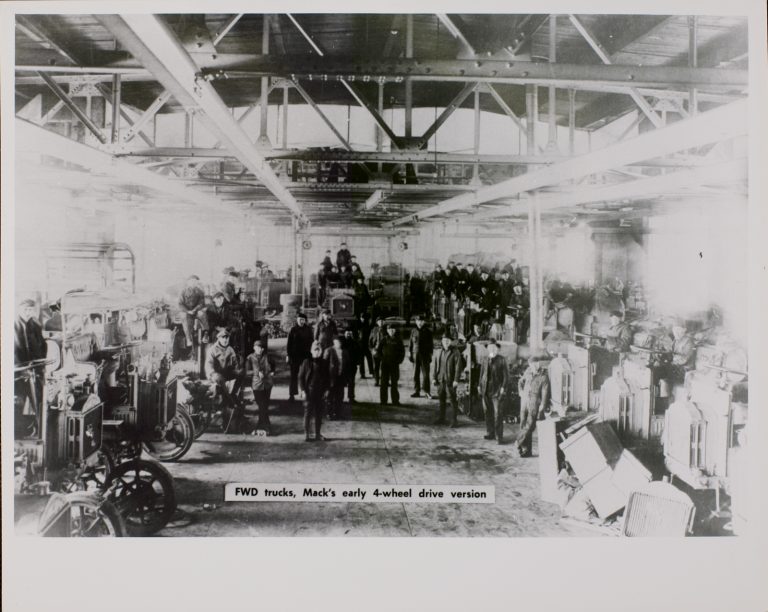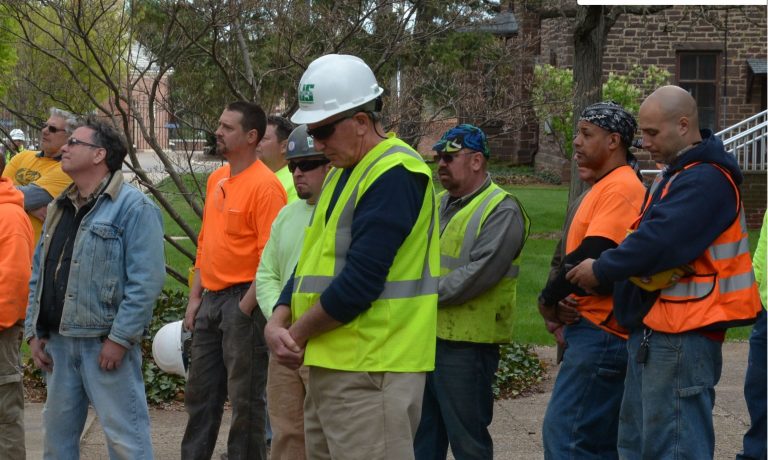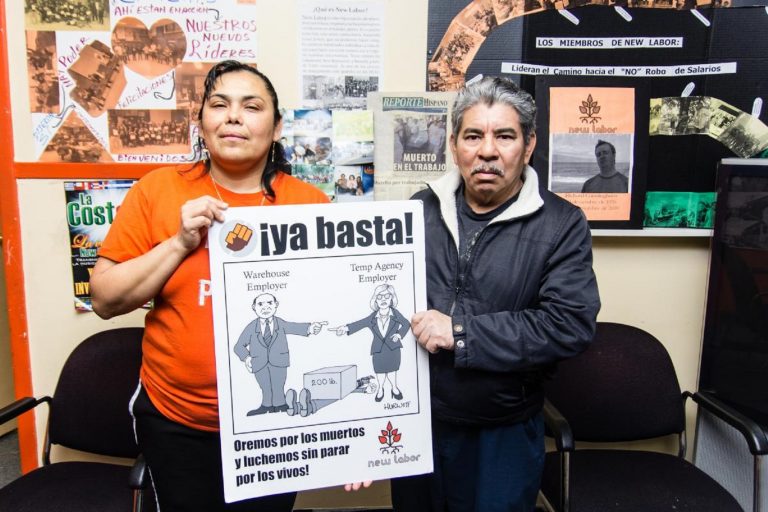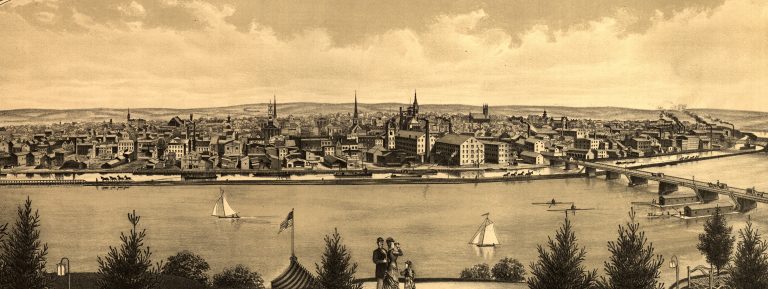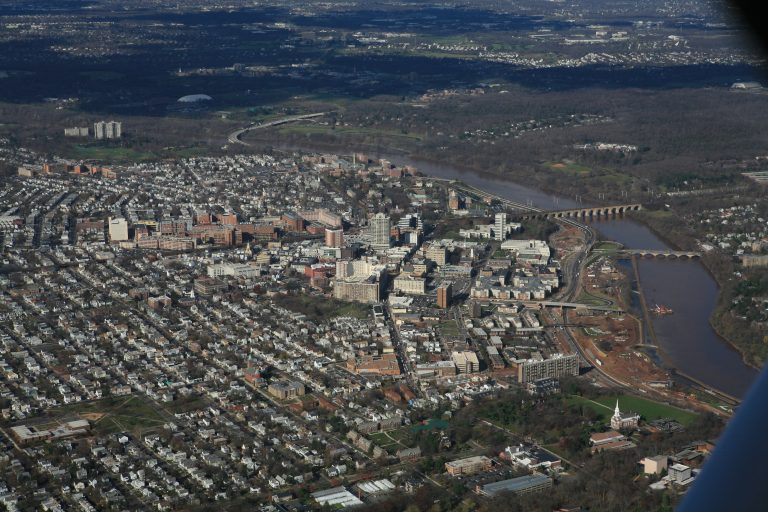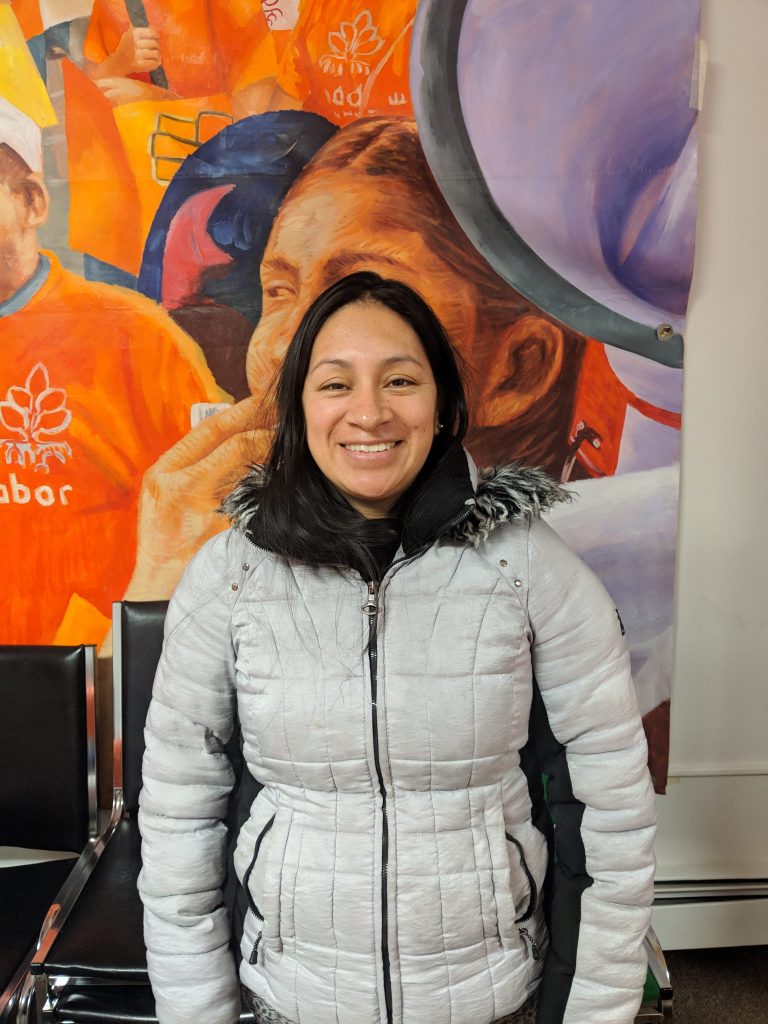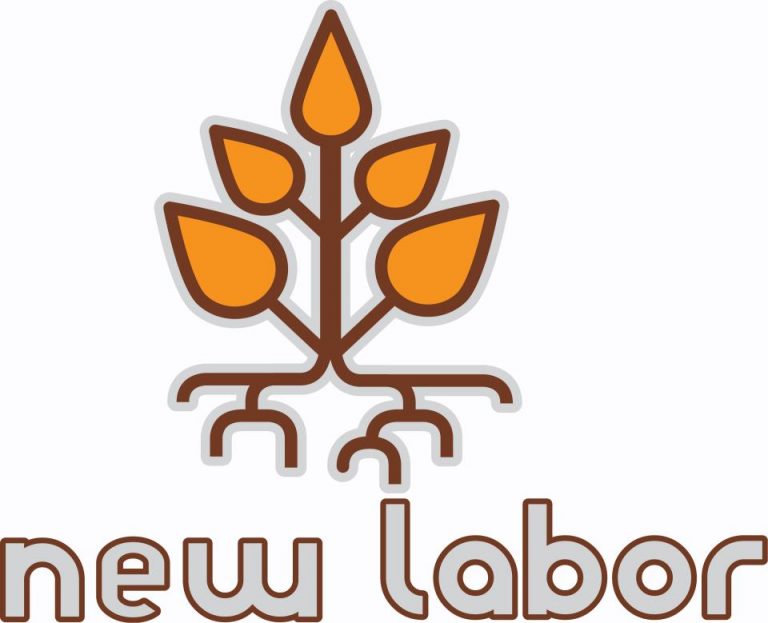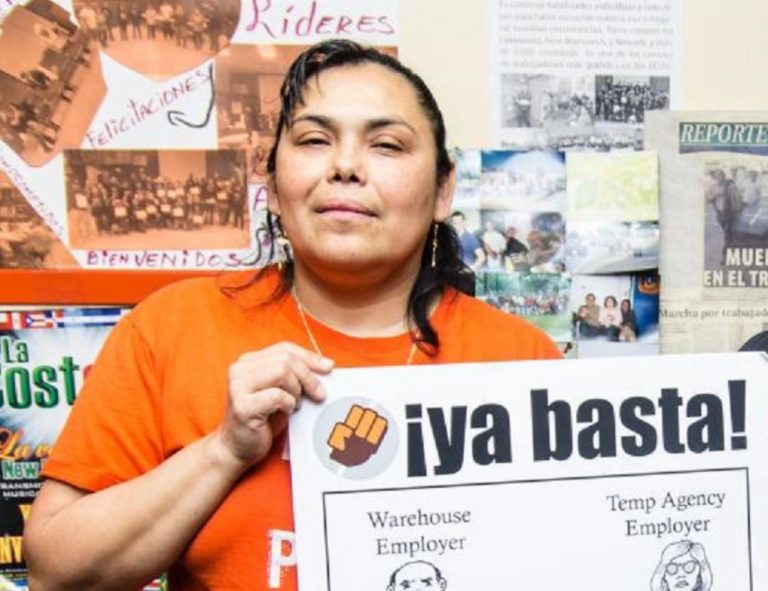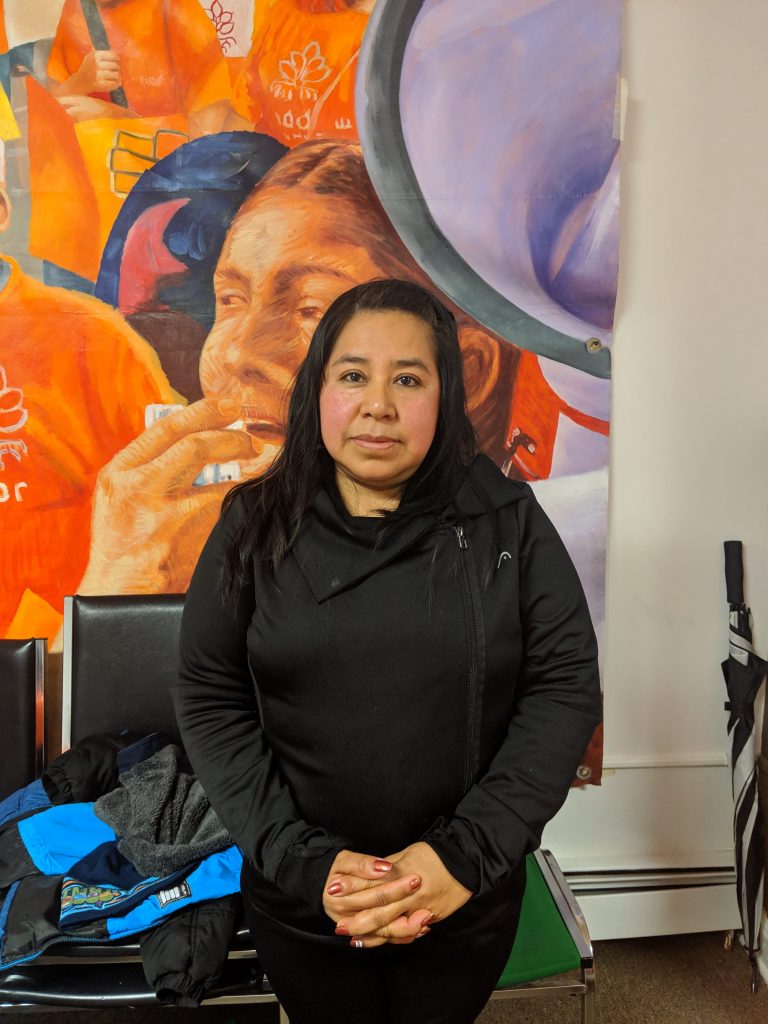The Problem
Many New Brunswick residents work in poor conditions exacerbated by extreme weather induced by climate change, often in perma-temporary positions for low pay. Recent immigrants, many undocumented, flock to “temp towns” like New Brunswick, where the population is 56% Latinx and agencies hire with a nod and wink. Inadequate training and unsafe employer practices force laborers to work in dangerous temperatures.
The Roots
As the “hub city” for tristate-area transportation and low-wage jobs, New Brunswick has historically attracted large immigrant groups unable to secure better-paying jobs due to xenophobia: nineteenth-century Irish canal builders, twentieth-century Hungarian factory workers, and twenty-first century Latinx service workers. Employers have capitalized on language barriers and labor availability to exploit workers.
The Solutions
New Labor supports, educates, and organizes workers, operating the Latino Occupational Safety and Health Initiative and advocating for climate change protections in labor law.
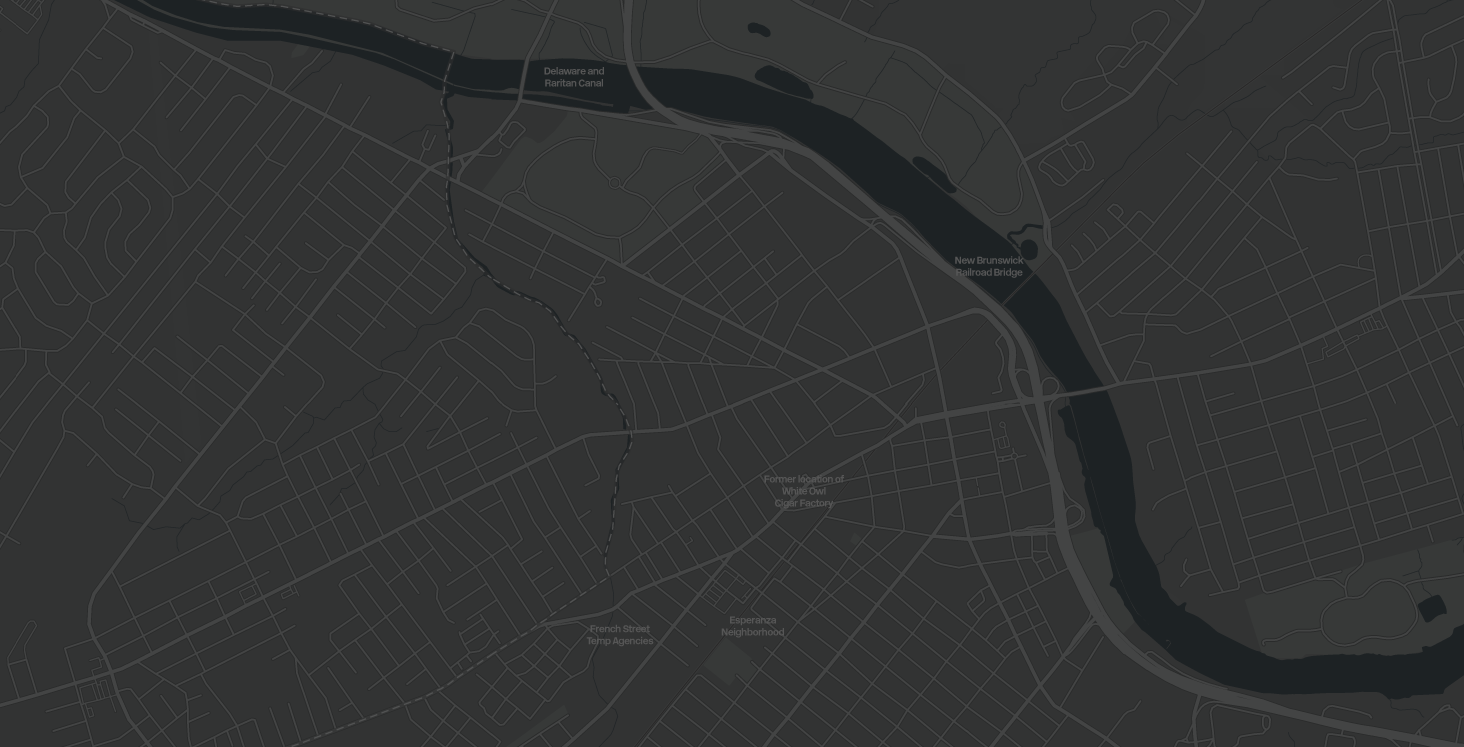
Our Point of View
Rutgers University-New Brunswick Department of HistoryOur team acknowledges the deep interconnectivity between historical inequalities, environmental injustice, and the importance of participating in collective action to improve working conditions. Through this project, we have learned more about the historical infrastructure and demographics that have led immigrants, especially the Latinx community, to face the worst of climate change. We hope that this project will amplify our community partner’s message and reflect their political agency, while inspiring civic engagement.
New LaborNew Labor supports, educates, and organizes workers while fighting to improve conditions of workplace health and safety, and participating in activities that create hyperlocal solidarity between the environmental and worker justice movements. Be it through learning exchanges between low-wage immigrant workers and environmental activities, or fighting for statewide initiatives to create worker/climate protections where there are none, New Labor creates relationships to make change because they believe that we are all in this together: climate justice is worker justice.
Contributors
University Partners
Rutgers University-New Brunswick Department of History
Faculty Project Director
Kristin O'Brassill-Kulfan
Students
Elizabeth Alt
Elias Attal
Brianna Attamante
Zachary Batista
Nicole Bellmay
Christopher Chan
Awais Chaudry
Cara Del Gaudio
Olivia Di Trolio
Camille DuBois
Maria Isabel Espinoza
Matthew Fairchild
Timothy Flynn
Mitchell Frishberg
Marlene Hyacinth Gaynair
Ala' Jitan
Mitchell Kevett
Louis Lanza
Matthew Lou
Jerrad Pacatte
Tate Potts
Lisseth Quizhpi
Stephanny Ramos
Robert Schenker
Jennifer Schneider
Lauren Smith
Cali Swantek
Mark Umansky
Brandon Vasquez
Daniel Venetsky
Lara Worthington
Hallel Yadin
Community Partners
New Labor
Carmen Martino
Lou Kimmel




